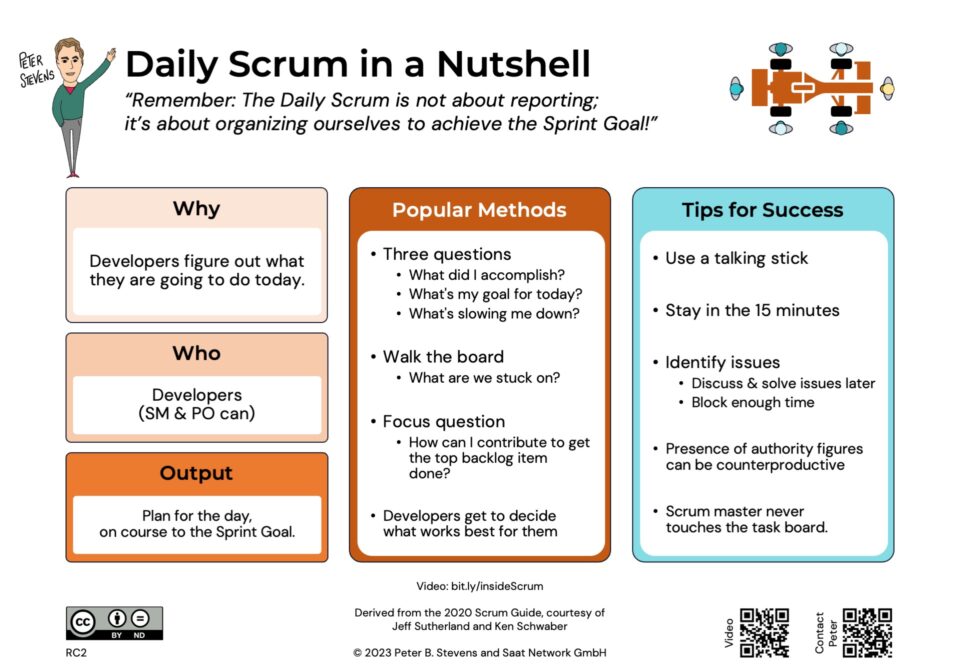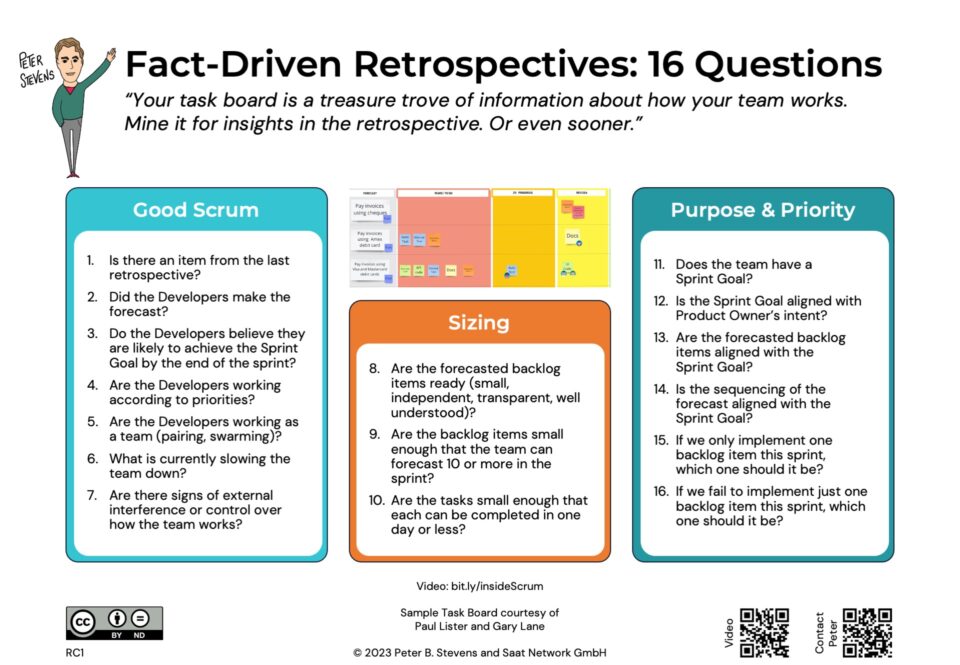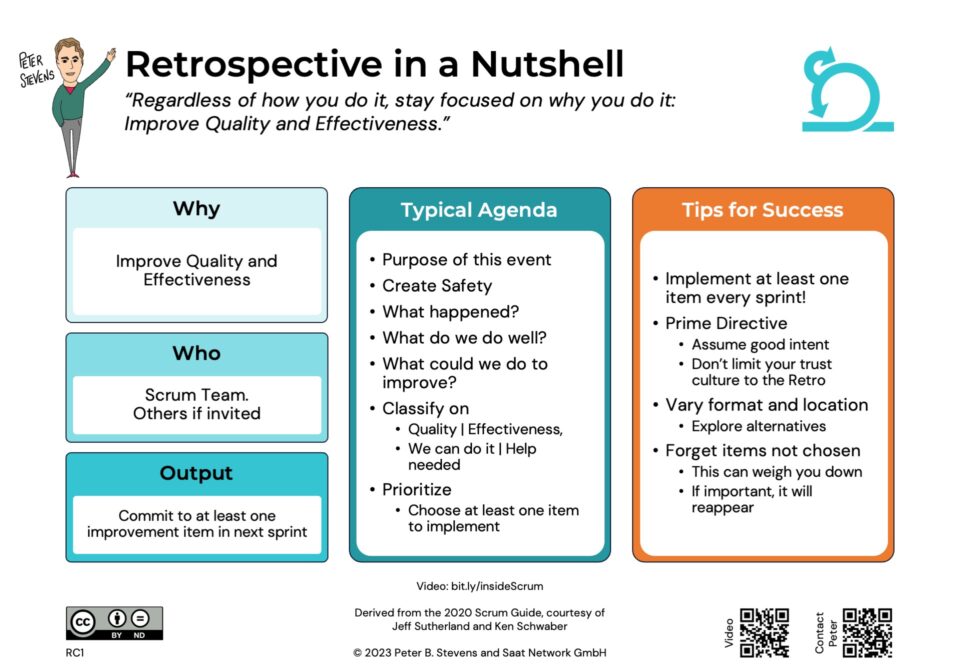Towards a better burn down chart
11-08-2008Scrum Breakfast in Zürich, September, Offshoring
13-08-2008… or are they together “just agile”?
Artem reported in his Notes after Agile 2008 that Scrum and XP are blurring to form a generic “just agile” process. Is this the case? Or is Scrum displacing XP? Are the two merging or converging?
Google Insights tells an interesting story. Google Insights is a nifty little tool which lets you enter search criteria and see how interest in those criteria has developed over time.

The graph above shows the development of the queries around Scrum (blue line) and XP (red line) and agile software development (yellow line). The interest in agile appears to have been fairly constant since 2004, with a relative interest of 9. (But wait, Computer and Technology’s share of the Internet pie is declining, so interest must be rising among IT people. I think.).
In 2004, XP was the “name brand” agile framework, scoring 92 compared to 23 for Scrum. Today, the situation has reversed, Scrum scores 87, XP a mere 9.
Some of this is surely due to fuzz in the data. The search term “Scrum” includes related searches like “scrum xp” and Extreme Programming includes “scrum”. This would support the conclusion of convergence.
I have always found it difficult to say exactly where Scrum stops and XP begins. So many of the practices overlap, and even among those that don’t, there’s nothing mutually exclusive between Scrum and XP. (And Jeff Sutherland just published a blog entry on Scrum and Lean, in which he claims “The first Scrum implemented all the practices we know as Scrum today plus all of what later became known as XP practices….”)
But still there is this shift to Scrum, this change in branding, as measured by Google. I wonder if we are not seeing the effects of the Certified Scrum Master program. I have argued before that the CSM is excellent marketing. Could that have made the difference, or are there other factors which explain this shift?




